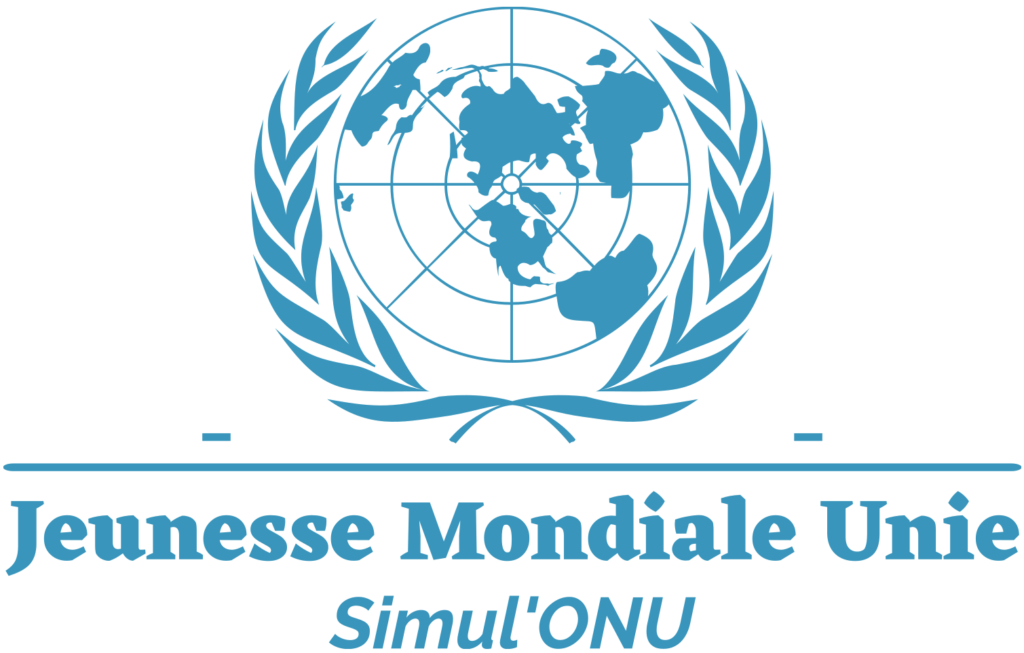
JMU’s values stem from the United Nations Global Youth Action Program, emphasizing inclusion, sustainability, equality, and youth participation. Aligned closely with key UN documents such as the Global Youth Action Program, UN Agenda 2030, and the Sustainable Development Goals (SDGs), JMU’s values are centered around youth and adolescents. They are committed to promoting global inclusion, sustainability, equality, participation, and innovation, contributing to the realization of the UN’s vision and objectives.
JMU focuses on the youth community with an integrated set of values, aiming to create a global and sustainable platform for young people of all ages to grow, learn, and engage in social processes together. The organization embodies these values in a manner attuned to their specific needs:
Inclusion: Emphasizing the creation of an inclusive environment where youth of all ages can participate equally in social, educational, and cultural activities, fostering understanding and cooperation between generations.
Sustainability: Focusing on environmental, social, and economic sustainability, the organization encourages youth to engage in sustainable development practices and molds them as advocates for sustainable development.
Equality: Committing to eliminate all forms of discrimination and ensuring equal opportunities for youth in education, employment, and social spheres. This includes advocating for global equality in education, ensuring youth access to quality education that fosters creative and critical thinking.
Participation: Actively encouraging the participation of adolescents and youth in social, political, and economic affairs by providing opportunities at various levels, including international programs, decision-making involvement, and volunteerism.
Innovation: Encouraging youth to participate in innovative fields and creative activities such as arts, science, and technology. This involves developing their creative potential in science and technology, social innovation, and entrepreneurship, while acquiring leadership skills and a sense of social responsibility to contribute to societal development and address global challenges.
Digital Technology Education: Providing education in digital technology to ensure that young people possess digital literacy and can effectively use technology to contribute to social development.
